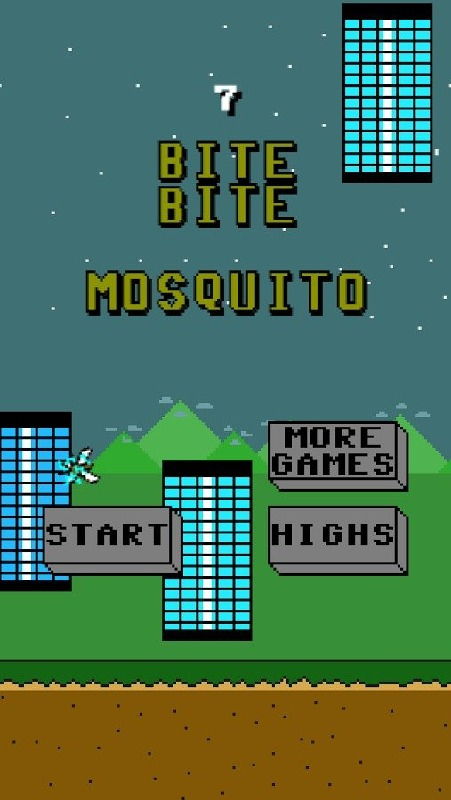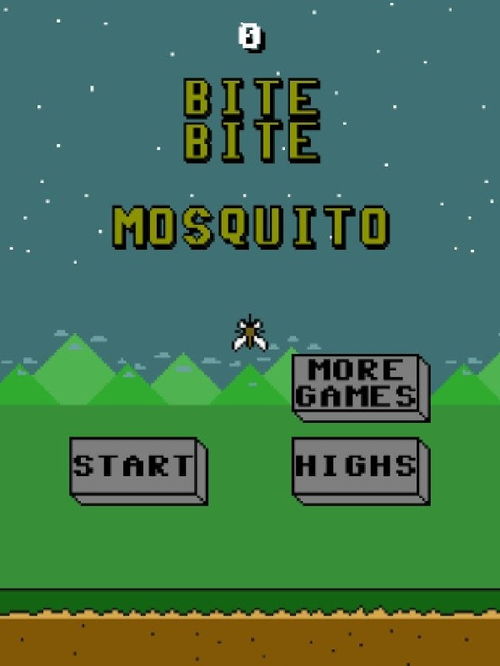
Hives from Mosquito Bite: A Comprehensive Guide
Have you ever experienced those itchy, red bumps on your skin after a mosquito bite? If so, you’re not alone. Hives, also known as urticaria, are a common reaction to mosquito bites. In this article, we will delve into the causes, symptoms, treatment, and prevention of hives from mosquito bites, providing you with a comprehensive guide to understanding this pesky condition.
Understanding Hives from Mosquito Bite

Hives are raised, itchy areas of skin that can appear anywhere on the body. They are typically caused by an allergic reaction to the saliva of a mosquito. When a mosquito bites, it injects its saliva into your skin to prevent blood from clotting. Your immune system recognizes this saliva as a foreign substance and releases histamines, which cause the blood vessels to leak fluid into the surrounding tissues, leading to the formation of hives.
It’s important to note that not everyone will develop hives from a mosquito bite. Some individuals may be more sensitive to mosquito saliva, while others may not experience any reaction at all.
Causes of Hives from Mosquito Bite

As mentioned earlier, hives from mosquito bites are primarily caused by an allergic reaction to the mosquito’s saliva. However, there are other factors that can contribute to the development of hives:
-
Genetic predisposition: Some individuals may have a genetic predisposition to develop hives after being bitten by a mosquito.
-
Other allergens: In some cases, hives may be triggered by other allergens present in the environment, such as pollen, pet dander, or certain foods.
-
Stress: Stress can weaken your immune system, making you more susceptible to allergic reactions, including hives from mosquito bites.
Symptoms of Hives from Mosquito Bite

The symptoms of hives from mosquito bites can vary from person to person. Common symptoms include:
-
Red, itchy bumps on the skin: These bumps, known as wheals, can range in size from a few millimeters to several centimeters in diameter.
-
Swelling: The affected area may become swollen and feel tender to the touch.
-
Discomfort: Hives can cause a burning or stinging sensation, making the affected area uncomfortable.
-
Duration: Hives from mosquito bites typically last for a few hours to a few days, but they can persist for longer in some cases.
Treatment of Hives from Mosquito Bite
Most cases of hives from mosquito bites are mild and can be treated at home. Here are some effective treatment options:
-
Antihistamines: Over-the-counter antihistamines, such as diphenhydramine (Benadryl) or cetirizine (Zyrtec), can help alleviate itching and reduce the severity of hives.
-
Cold compresses: Applying a cold compress to the affected area can help reduce swelling and provide relief from itching.
-
Topical corticosteroids: In some cases, a doctor may prescribe a topical corticosteroid cream to reduce inflammation and itching.
-
Avoiding allergens: If you suspect that other allergens are contributing to your hives, try to avoid exposure to these allergens.
Prevention of Hives from Mosquito Bite
Preventing hives from mosquito bites involves taking steps to avoid mosquito bites and reducing your risk of developing an allergic reaction. Here are some tips:
-
Wear protective clothing: When spending time outdoors, wear long-sleeved shirts, pants, and hats to minimize exposed skin.
-
Use insect repellent: Apply a DEET-containing insect repellent to your skin and clothing to deter mosquitoes.
-
Remove standing water: Mosquitoes breed in standing water, so it’s important to remove any containers that collect water, such as buckets, flower pots, and bird baths.
-
Use screens: Install screens on windows and doors to prevent mosquitoes from entering your home.
By understanding the causes, symptoms







